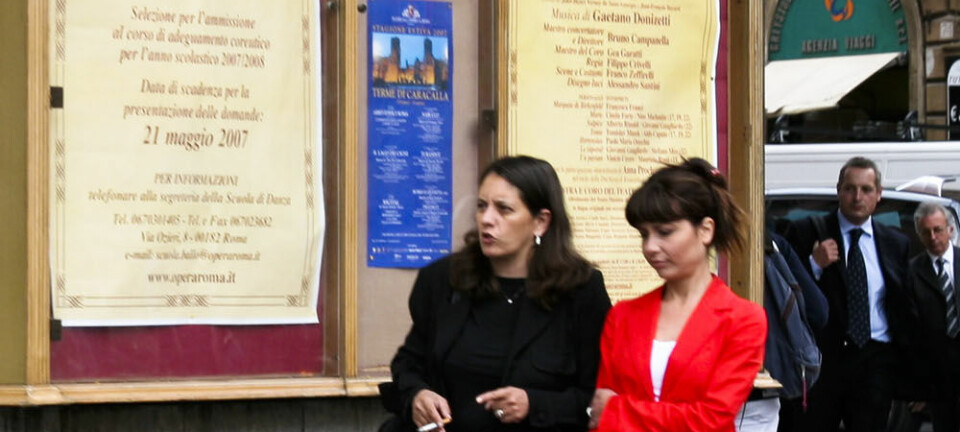This article was produced and financed by Oslo Metropolitan University
Pension assets should be invested in funds
Today's pension system in Norway is unsustainable over time. The solution is to switch to investment in funds.
Denne artikkelen er over ti år gammel og kan inneholde utdatert informasjon.
These are the conclusions in a new doctoral thesis at the Oslo and Akershus University College of Applied Sciences (HiOA).
The main problem in the years ahead is that fewer economically active will be paying for more pensioners. Even with the changes made through the pension reform, the gap between the number of economically active and the number of pensioners will only increase.
”This system is unsustainable over time. The problem is that it is susceptible to changes in population growth," says Joachim Thøgersen, a researcher at the Oslo and Akershus University College of Applied Sciences.
Unable to pay the costs
"As long as the population growth is positive, there's no problem, but when we have fewer children, live longer, and retire earlier, we will have a problem," explains Thøgersen.

“Retirement time becomes longer, and the bill must be paid by a steadily shrinking group of economically active. It doesn't add up. “
He says that with today's system, we will not manage to pay pension costs in the future.
"The government will then either have to raise taxes, reduce pension payments or use the petroleum fund. None of these options is optimal," he says.
"If we were to use the petroleum fund, we would have to use far more than permitted under the four-per-cent fiscal policy rule, and that would drain the fund."
Go for funds
Thøgersen's research shows that the government should instead introduce a fund system whereby everyone pays in money while economically active and draws a pension when they retire, during which time the pension assets will have increased in the market. Such a system is unaffected by population growth.
"Some say it would be safer to base pension payouts on continued population growth; they maintain that is more long-term and more stable than the market. But research shows that interest rates in the market are higher than population growth over time, and that would yield more returns," says Thøgersen.
“Although a funded system is more susceptible to market mechanisms, you get more in return if you base yourself on the market rather than on population growth. A funded system like this resembles what we do with the petroleum fund today, and the investments could, for example, be secure government bonds".
Would also increase economic growth
According to the thesis, a funded system would also increase economic growth.
The main reason for this is that a funded system would increase the level of saving in the country, which in turn would increase economic growth.


































